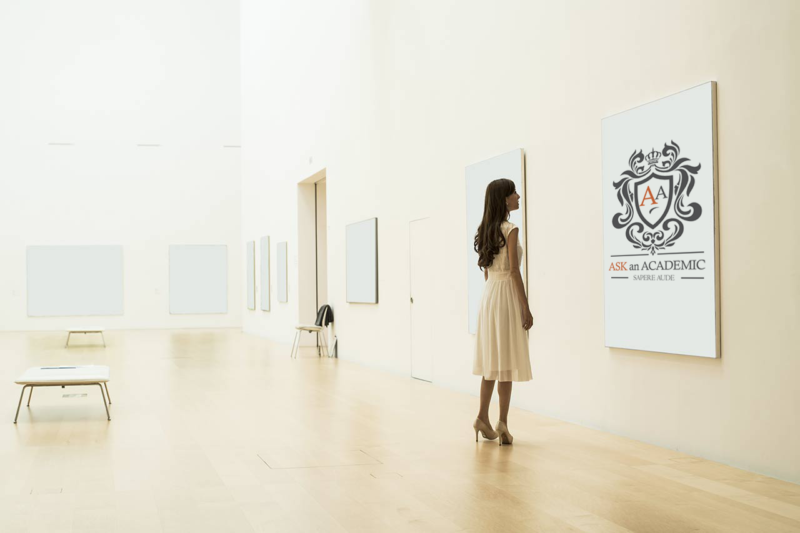Discussions for Exploring Modern Zulu Tribal Costumes
This covers some of the theories and ideas of greatest account when discussing the fashion traditions of Modern Zulu tribes
Question
What discussions or theoretical frameworks should we consider on the topic of Modern Zulu tribal costumes?
Answer
The dress of the Zulu people forms one of the richest bodies of fashion culture in Southern Africa, renowned for its elaborate ceremonial costumes and coiffeurs worn (Gleimius, Sibanyoni, & Mthimunye, 2002). Anthropological and ethnographic studies of dress, ceremony, ritual, and social organisation provide one theoretical framework for considering Zulu tribal costumes, encompassing both traditional dress forms and modern interpretations (Condra, 2013, 675ff). This framework would focus on the human drive “to enhance or alter the body . . . linked to aesthetics, religion, politics, economy, and identity,” making fashion what the anthropologist Mauss termed “a total social fact” (Black, 2013, 14). Studies of contemporary African fashion by fashion studies scholars also take account of this holistic social framework, but draw connections between the past and the latest fashion productions. In Contemporary African Fashion, Gott and Loughran show how Africans, including Zulu men and women, are reworking traditional forms in response to economic development and the global circulation of fashion languages and products (Gott & Loughran, 2010). The sheer visual power of Zulu motifs in dress have exerted a powerful influence outside of Southern Africa and a number of European fashion designers have drawn on these forms to create their own collections. This forms a third theoretical framework in which Zulu dress can be considered. The 2014 Spring/Summer collections of Alexander McQueen were a strong example of this form of influence, drawing on traditions of Zulu bead work, yet despite their beauty and luxury they raise further theoretical issues about the potentially unequal relations between the West and Africa. These discourses of exoticism, racial difference, and inequality are important to understand since they have marked Zulu/Western relations since the first contact between the two peoples in the colonial period of the nineteenth century (Gleimius, Sibanyoni, & Mthimunye, 2002).
References
Black, S. (2013). The handbook of fashion studies. London: Bloomsbury.
Condra, J. (2013). Encyclopedia of national dress: Traditional clothing around the world. Santa Barbara, Calif. : ABC-CLIO.
Gleimius, N., Sibanyoni, E., & Mthimunye, E. (2002). The Zulu of Africa. Minneapolis: Lerner Publications Co.
Gott, E. S., & Loughran, K. (2010). Contemporary African fashion. Bloomington, IN: Indiana University Press.
